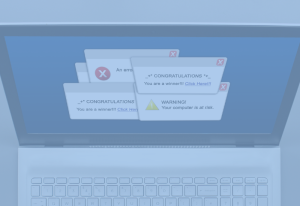
Personalization has become a key strategy in marketing automation, allowing businesses to tailor their marketing messages to the specific needs and preferences of individual customers. In this article, we will discuss how personalization works in marketing automation and the benefits it provides.
What is Personalization in Marketing Automation?
Personalization in marketing automation involves using customer data to deliver personalized content and offers based on their behavior, interests, and preferences. This can include personalized emails, website content, product recommendations, and social media ads.
How Does Personalization Work in Marketing Automation?
Personalization in marketing automation works by collecting and analyzing customer data, such as browsing and purchase history, demographics, and preferences. This data is then used to create targeted messages and offers that are relevant to the individual customer.
For example, a customer who has previously purchased running shoes may receive an email with personalized content and offers related to running gear. Or, a customer who has abandoned their shopping cart may receive a personalized email reminding them of the items they left behind and offering a discount to incentivize them to complete the purchase.
Benefits of Personalization in Marketing Automation
Improved Customer Experience
Personalization in marketing automation can improve the customer experience by providing relevant and timely content and offers. This can lead to increased engagement and loyalty.
Increased Sales and Revenue
Personalization in marketing automation can lead to increased sales and revenue by delivering personalized offers and recommendations that are more likely to convert customers.
Improved ROI
Personalization in marketing automation can improve ROI by delivering more targeted messages and offers, reducing wasted marketing spend.
Competitive Advantage
Personalization in marketing automation can provide a competitive advantage by offering a more personalized and relevant experience to customers, setting the business apart from competitors.
In conclusion, personalization in marketing automation involves using customer data to deliver personalized content and offers. It provides many benefits, including improved customer experience, increased sales and revenue, improved ROI, and a competitive advantage. By implementing personalization in marketing automation, businesses can deliver a more targeted and relevant experience to customers, leading to increased engagement and loyalty.




